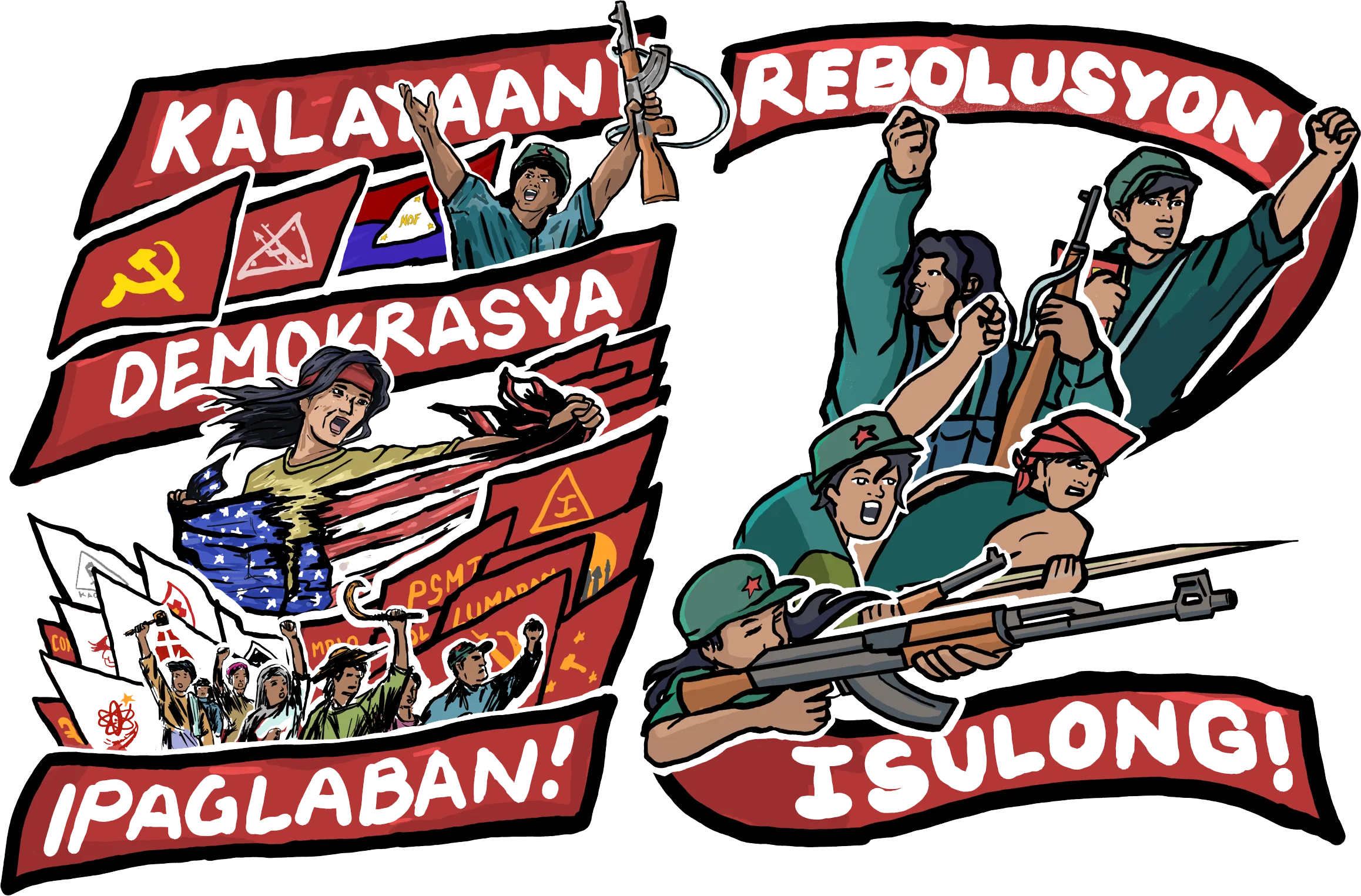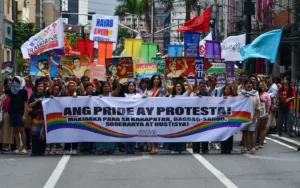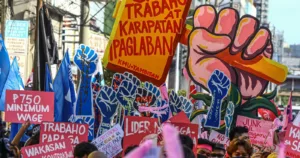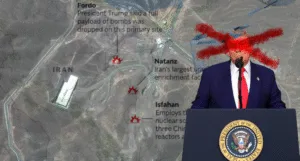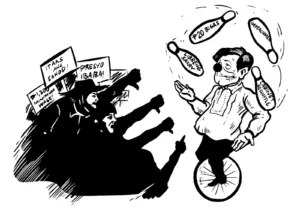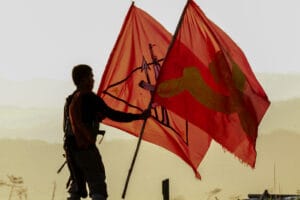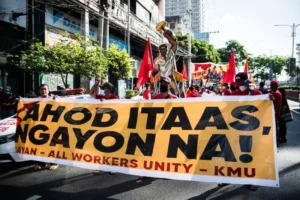Volume V, No. 22 – November 30, 2023
Last 24 November, Marcos Jr. issued Proclamation 404 supposedly to grant amnesty to armed groups including the CPP-NPA-NDF (Communist Party of the Philippines – New People’s Army – National Democratic Front). According to his stooges in Malacañang, the said amnesty program is purportedly meant to “attain lasting peace through comprehensive peace initiatives.” Marcos Jr’s amnesty program however smacks of bad faith. Instead of creating an environment conducive for peace, it reeks of deception intended to force the revolutionary movement to surrender.
By setting as a precondition for freedom the admission of guilt for trumped up charges, Marcos Jr’s amnesty program is exposed as a tool of coercion designed to strongarm the revolutionary movement into submission.
Such an offer of amnesty is also questionable considering more than 800 political prisoners remain in prison many of which are charged with cases not even covered by the proclamation, while the Duterte-issued Executive Order #70 and Memorandum Order #42 remain in effect and while the NTF-ELCAC continues to unleash a brutal campaign of suppression using the Anti-Terror Law as a weapon.
Consistent with the framework of disarmament, demobilization, and reitegration (DRR), the amnesty program miserably fails to address the roots of armed conflict and is blinded by its ultimate objective of hollow pacification. Without addressing the root causes of armed conflict – foreign domination, landlessness and massive poverty, bureaucratic corruption, and fascist repression – just and lasting peace is impossible.
By attaching stringent conditions to the amnesty program, Marcos Jr. reveals a disturbing (and yet unsurprising) lack of understanding of the socio-economic and political crises that are at the root of civil war in the Philippines. By neglecting the socio-economic and political factors that drive individuals to rebel, his amnesty program impedes the opportunity to enact meaningful political and socioeconomic reforms that will pave the way for a just and lasting peace.
Furthermore, the timing of the amnesty program raises suspicions about its true intent. As Marcos Jr. and his family eyes the 2028 presidential elections thus intensifying the in-fighting within the ruling clique, his amnesty offer seems more like a carefully orchestrated media spin rather than a genuine commitment to resolving the country’s long-standing conflicts. This opportunistic maneuvering not only undermines the credibility of the amnesty program but also risks exacerbating tensions by framing peace as a political tool of coercion rather than a societal necessity.

